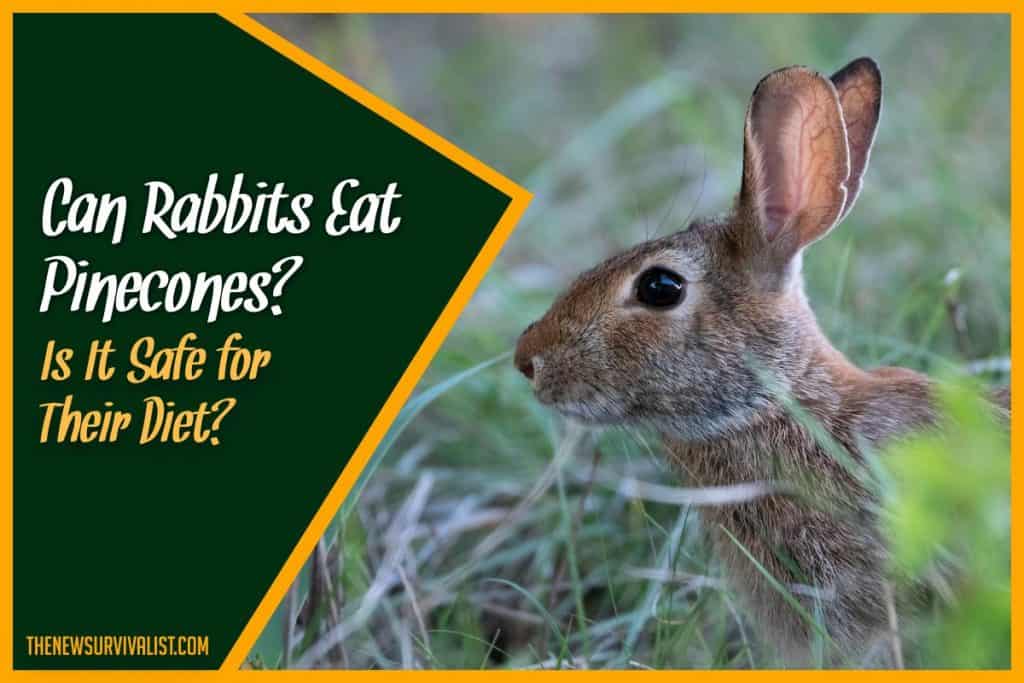Rabbits in general prove to be a sucker for things to nibble on, which can get pricy over time. Natural chew toys end up looking a lot more appealing, and a tough pinecone can keep your bunny occupied for hours on end. The question is, it a safe, healthy option for them?
Rabbits can eat pinecones – in fact, they’re one of the better treats-slash-toys for your furry friends. Pinecones can keep them entertained for a very long time, preventing them from becoming bored and destructive. However, you need to practice careful sanitization to manage possible risks. The most common concerns are chemical treatments, sap residue, bacteria growths, and fur mites.
Pinecones are wonderful rabbit treats, but often come with complications that need to be vetted for your bunny’s protection. Below are a few things to watch out for, what they’d do to your dear pet, and how to manage them.
Can Rabbits Eat Pinecones?
Sap
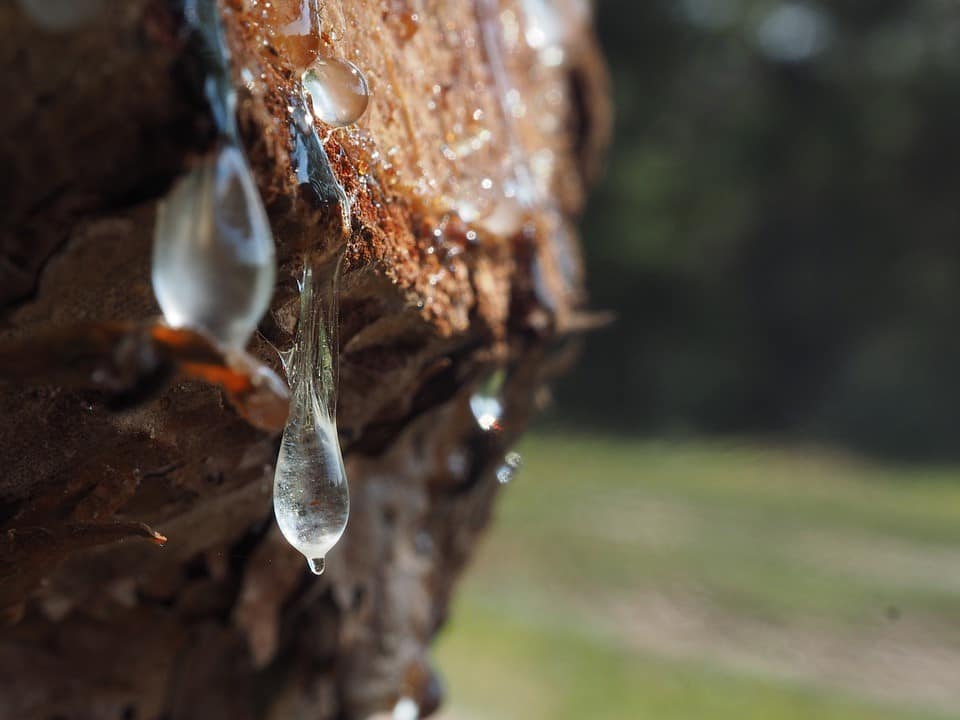
Fresh from the tree, most pinecones usually drop in with plenty of sap leaking. Sap is honestly fine for rabbits in small quantities, and there aren’t any studies that say pinecone sap is specifically toxic to rabbits.
The bigger worry is what potential contaminants might have snuck their way onto it, especially if the pinecones come from a tree with an unknown history. It’s safer to just dry it or wash it clear rather than run that risk.
Fortunately, this issue can be dealt with pretty easily. If a pinecone has too much sap, make sure to wash it thoroughly. A good metric for when to do so is if the pinecone sticks to your hand. You could also bake the pinecone to reduce the moisture, as the dried resin that develops is much safer to chew on than the sticky sap prior.
Bacteria
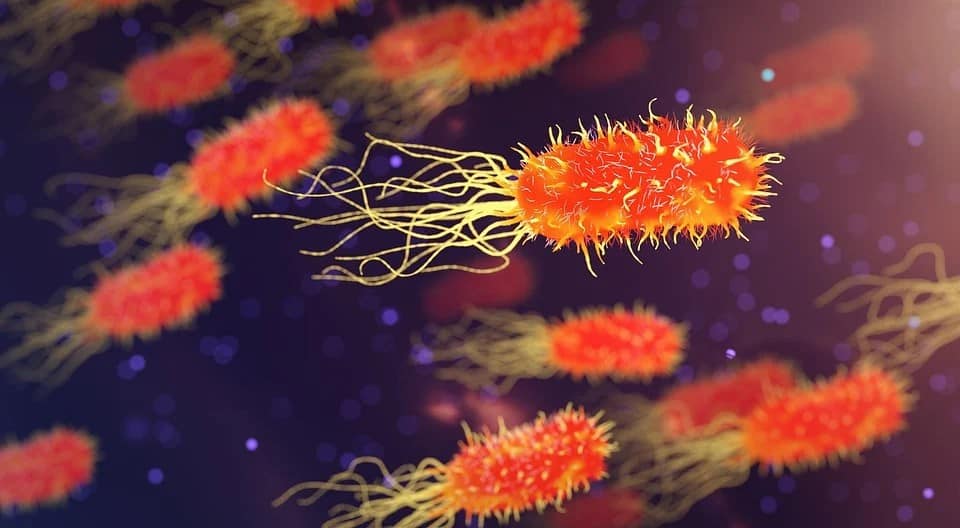
Rabbits rely on gut bacteria for the bulk of their digestion, and this balance is very particular to enable their survival. Compromises could lead to GI stasis: a condition that leads to bloating and eventual death. It’s very dangerous due to their prey behavior, which gives them the predilection to hide their pain.
Other complications that may develop from certain bacteria can include diarrhea, facial swelling, odd posture, and dull/uneven fur among other options. It’s very dependent on the environment you gather them from, and are far more likely to be encountered when harvesting wild pinecones.
Boiling can manage the bacteria concern accessibly, with the method killing 99% of all bacteria in certain conditions. A rolling boil maintained for at least five minutes can handle most compromising contaminants in a pinecone, ensuring safe play for your beloved companion.
Mites
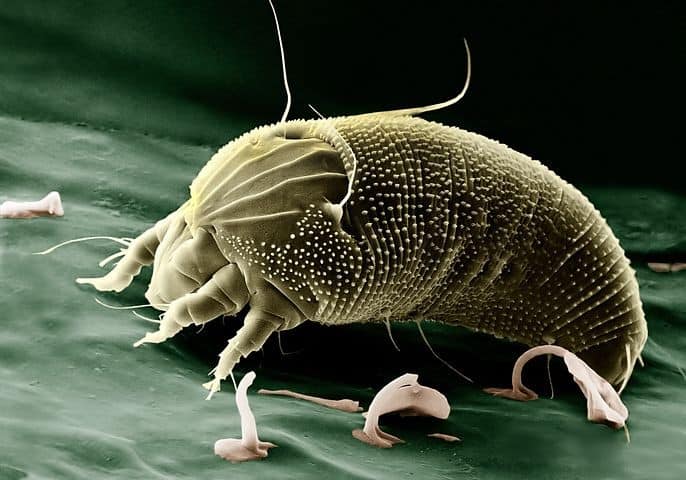
Pests are a common concern, and rabbits can get exposed to them in a multitude of ways. While not as lethal as bacteria, pests also pose significant challenges to bunny owners.
The most common pest you’ll encounter for rabbits are mites. These exist in a lot of areas, and occasionally make their way into pinecones as well. Fur mites are white and very small, blending into your pet’s coat rather easily and causing them extensive skin irritation and flaking.
This condition is known as walking dandruff, and is very contagious: fellow rabbits and other small animals are commonly affected, and in rare instances the mites can be transmitted to humans.
Boiling – or even steaming – can easily deal with these kinds of pests. Just follow the prior procedure listed in the bacteria segment. Mites could stick to your clothing or hair while moving them, so bear that in mind.
Alcohol is another way to deal with them quickly and effectively. Be sure to disinfect before and after handling any pinecones that could prove to be a mite-risk. Make sure to wash them thoroughly with soap and warm water though – alcohol remains just as poisonous to your rabbits.
Pesticides and Insecticides
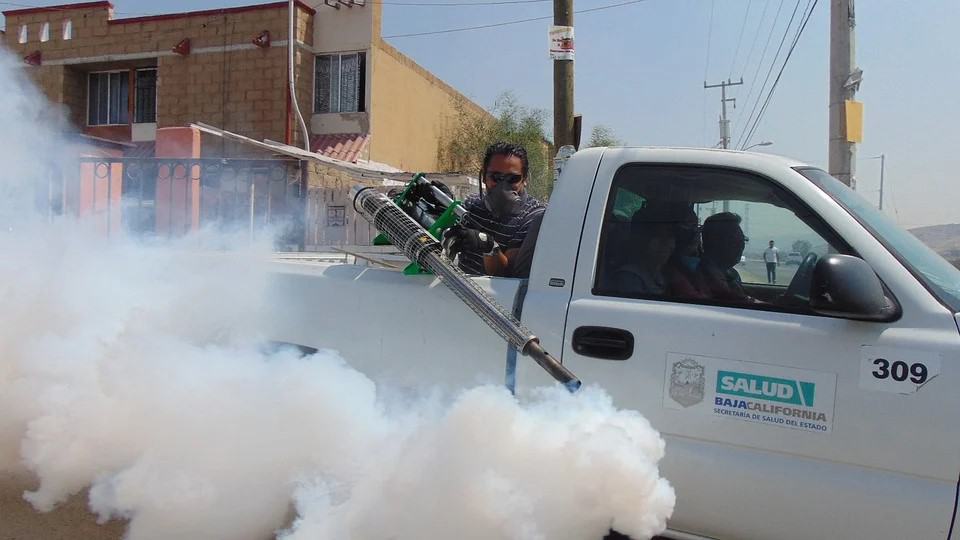
These are by far the most dangerous considerations on the list. Pesticides and Insecticides can linger in a given area for a certain duration, but some can affect the pine tree itself on a more long-term basis.
Pesticides cause irrevocable changes to the plant its applied on. This extends to larger animals and even humans, and has been found to link to tumor growths and cancer. For smaller animals like rabbits, the dangers are far more pronounced.
Rabbits are also considered pest animals in some countries, and are very susceptible to toxins from the more common pest control methods. Their small size and dependence on easily-compromised gut bacteria cultures for digestion make this an even greater concern. In fact, rabbits are unfortunately among the pool of test animals used for said pesticides.
Simply put, avoid these risks at all costs. Every other compromising factor in pinecones can be mitigated through proper steps, but even trace amounts of pesticides or insecticides could give your rabbit dangerous side effects or just kill them outright.
If you’re naturally sourcing wild pinecones from the area, the presence of feeding squirrels is a promising sign. If you can’t be certain whether the pine tree has been exposed to chemical treatments, do not put your pet’s health at risk.
Final Thoughts
Pinecones are perfectly fine for your rabbit’s diet, and actually double as an excellent and affordable toy for them as well. That said, make sure to treat them properly for your rabbit’s consumption. There are a lot of factors that have to be taken into account when handling pinecones, and missing any of them might lead to problems down the line for your beloved pet.

